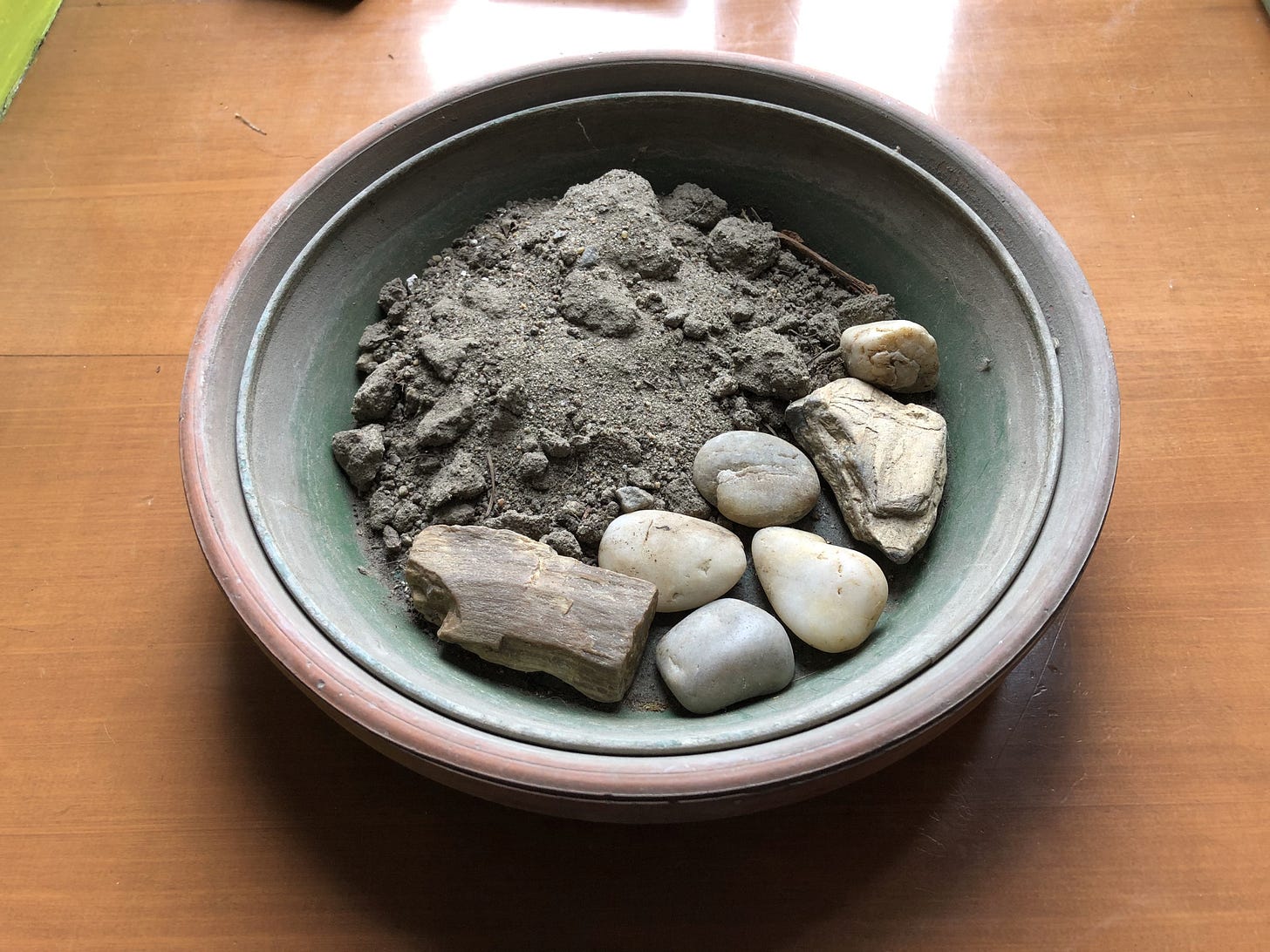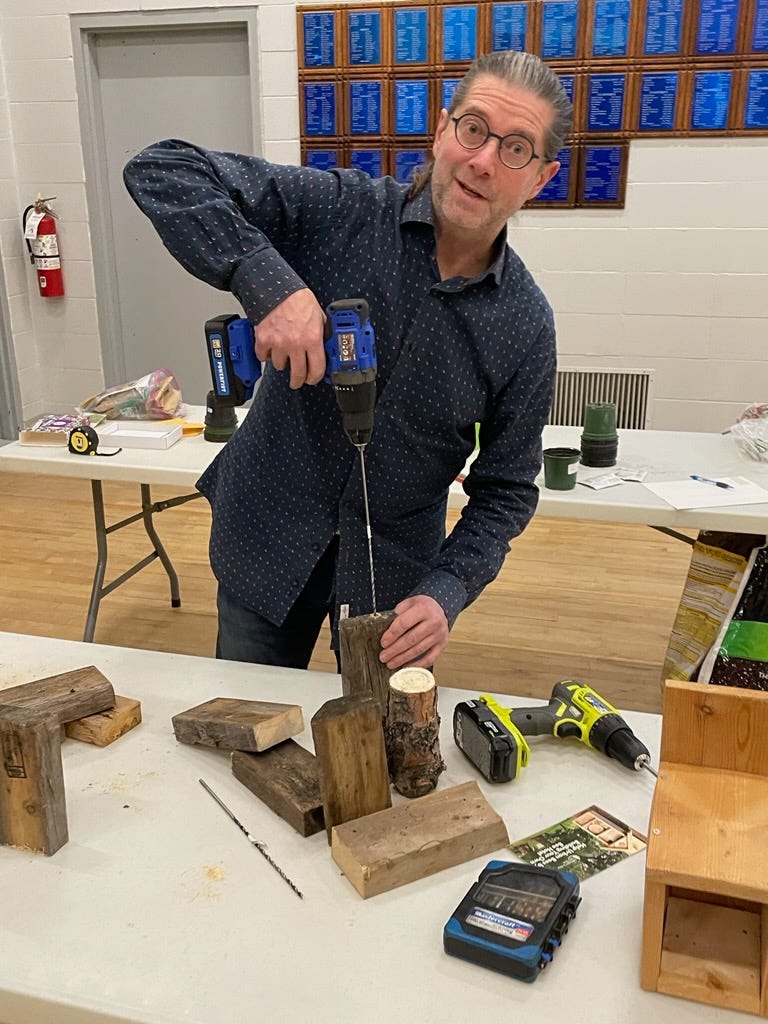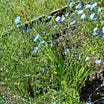Pollinators need what we need: food, shelter and water
This was a core message at the Climate Action workshops in March

As we slowly transitioned into spring, we gathered for new sessions of the Climate Action workshops at Delton Community League. The main lesson: Turn to nature to help pollinators in their mission.
The Tuesday evening course, led by Marty Springstead and Mark Stumpf-Allen, opened with an introduction of the role of native plants, trees, and shrubs as part of a web of biodiversity. Their advice: “Take a look around your yard and make a little inventory. Pay attention to when the flowers or shrubs come into bloom. Make a little map (and remember where you put it) when you are planting.”
Last year, with the help of some kind people from the Edmonton Native Plant Society, I started a small pollinator garden outside the apartment buildings where I live. I was feeling pretty good about providing food for pollinators, but the presenters had a lot more to teach me about shelter and water.
Marty and Mark shared their knowledge of woody plants (think about the stalk of daylily) and soil health as part of creating the habitat (shelter and water) that pollinators need. “Leaving leaf litter in the yard or on the garden over winter helps retain moisture and provides shelter for insects and bees to create nests.”
Another tip was to ensure that there are at least three types of blossoms in each month of the growing season. For example, red osier dogwood, lily of the valley, and beardtongue flower in May, produce a variety of colours and shapes to satisfy the different pollinators who feed on the pollen and nectar.
At the Saturday session, Patty Milligan from Edmonton Urban Farm gave a comprehensive talk about bees. “Your eyes will change once you start looking at bees,” she promised.
For many of us, “bees” means hives, honey, and beekeepers. We learned that this doesn’t begin to describe the range of bees that live in the wild. Most native bees in Alberta (there are 300 species in our province) are solitary and don’t make a lot of honey. We were treated to slides showing us why bees have that fuzzy look to them — which is a way to trap the pollen and drag it around — and explaining some of the structures found in nature.
Patty, a beekeeper and educator, emphasized that we need to look to nature when we are planning a habitat for native pollinators. She brought samples of nesting materials and detailed instructions of how to build a home for the solitary bees. We were encouraged to use natural materials that will decompose and return to the soil.
“Fancy ‘bee hotels’ don’t suit the native bees and can spread disease.” she explained. “If we follow nature, we learn that the native bees make their homes, go through a life cycle and die. So the next generation is off looking for a new home.”
Some of the non-native plants Patty recommends for a pollinator-friendly garden are cosmos and the humble and delicious chives.
We had time at both sessions to get our hands dirty. While putting some seeds in pots to take home, we shared ideas about gardens and community news. Participant Jennie Gurnett stated that it was good to know there are others in our neighbourhood who are creating gardens that support biodiversity. Other attendees were drilling holes in wood for solitary bee nesting sites, talking about rain gardens to prepare for a season of drought or sharing resources and ideas for kids' activities.
At every session of Delton’s Climate Action Series, these conversations allow us to build connections, and share our hopes for the health of our communities and the planet that provides us with food, shelter, and water.
UPCOMING & RESOURCES
Future presentation on Regenerative Lawn Care (Tuesday May 21, 7 pm and Saturday May 25, 10 am). You can RSVP to GreenDeltonCommunity@gmail.com.
The Alberta Native Plant Council has a Pollinator Challenge toolkit.
Check the Agroforestry and Woodlot Extension Society’s guide “Recommended Native Pollinator Friendly Plants for the Aspen Parkland Region of Alberta.”







I am inspired to get growing on my balcony soon. Thank you!